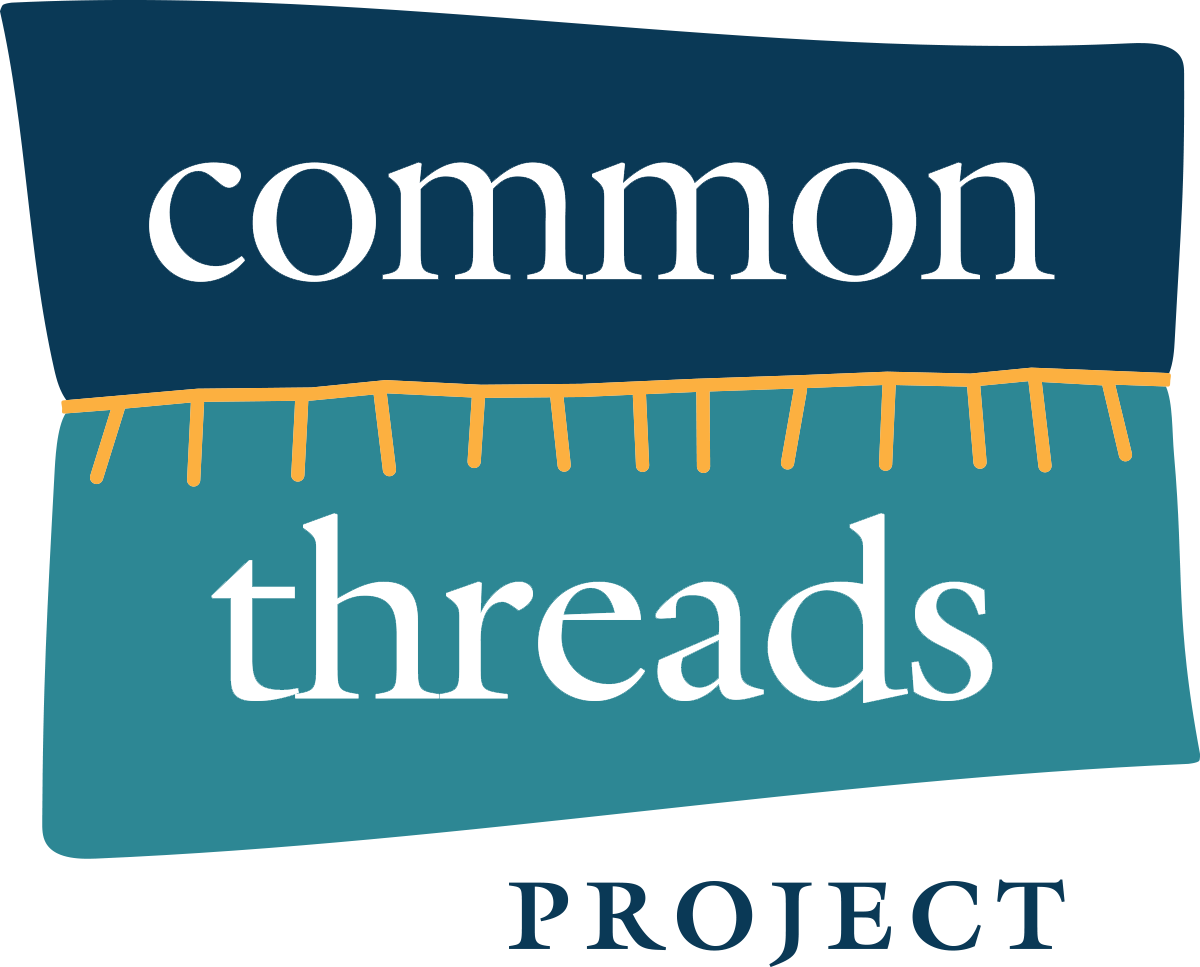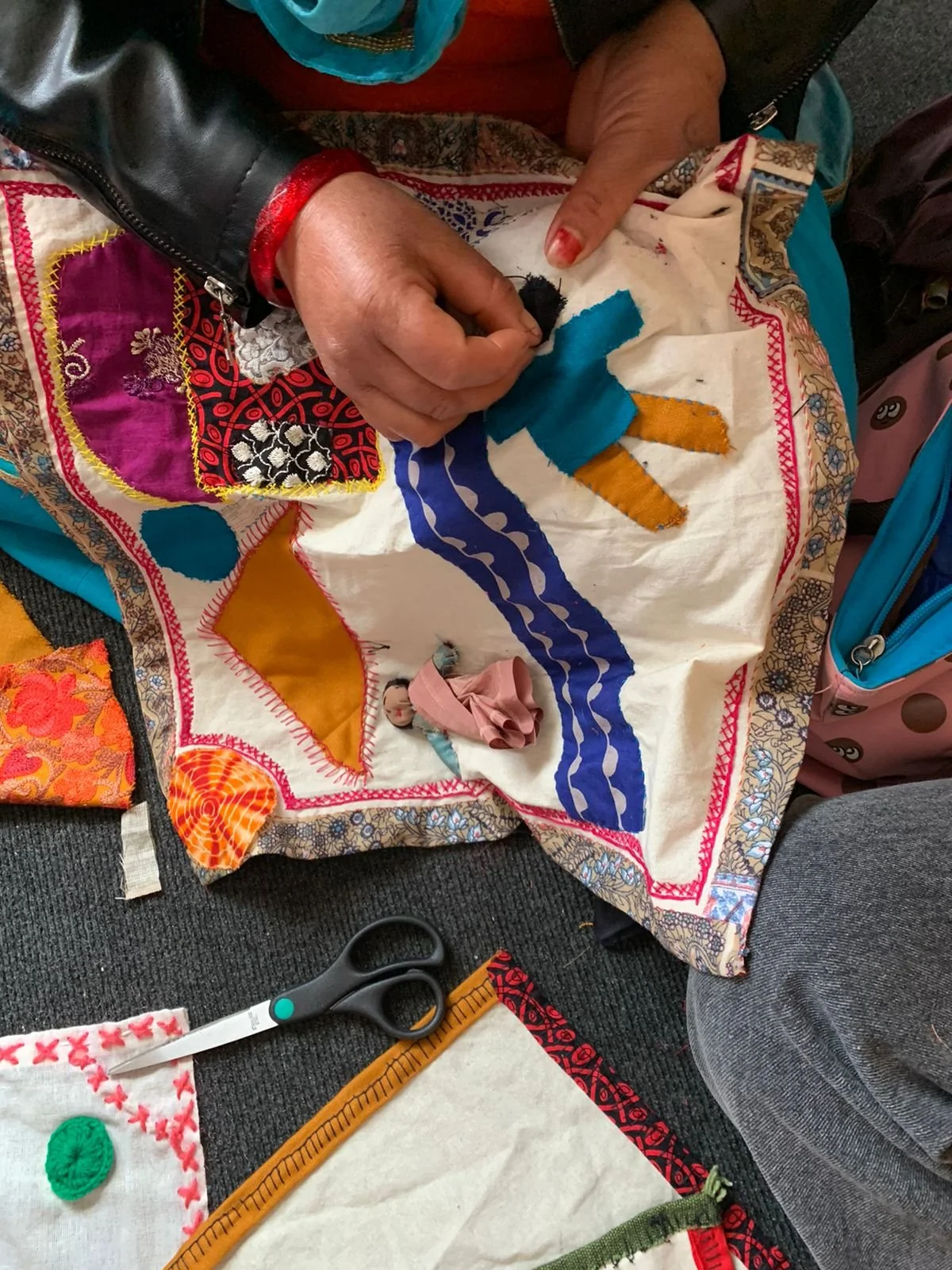Who We Are
We believe that all survivors of sexual and gender-based violence (SGBV) are entitled to high quality psychological care. Our mission is to ensure that everyone who survives trauma, regardless of circumstance, has access to that care.
In order to achieve this mission, we focus on three tasks:
We build local capacity through training. Rather than placing cultural “outsiders” in our projects, we train local mental health providers to provide treatment following our methodology. This helps ensure treatment is culturally appropriate, and that the intervention will last beyond our organization’s involvement.
We launch scalable interventions. Our projects provide a model of care that can be implemented on a larger scale. Over time, our partner organizations become centers of excellence, providing a model for new projects to follow.
We conduct efficacy research. It is our responsibility to ensure that the treatment we help provide is effective in both reducing psychological symptoms and improving mental health.
Common Threads Project is designed to be one component of a holistic approach in which a system of coordinated security, legal, medical, economic, educational and social services are also provided for survivors.
Our Treatment Model
The Common Threads Project model, rooted in neuroscientific and socio-cultural understanding of trauma, revives an ancient practice found in diverse contexts: women come together to sew their stories onto cloth, to disclose the unspeakable atrocities they have experienced, and to support one another. Common Threads Project integrates this tradition with best practices from trauma-informed therapy, bodywork, and psycho-education.
Our clinical partners, under our supervision, form therapy groups of 12 to 15 women who have experienced SGBV. These women then undergo a 6-month treatment process, which involves the creation of a story cloth, as well as traditional trauma therapy interventions. The women’s sewing circle provides mutual support and safety, and enables the multi-dimensional work of trauma recovery.
Our History
Having begun its work in 2011, Common Threads was incorporated as a Swiss NGO in 2014. Following the relocation of its Executive Director to New York, Common Threads Project was expanded as a US based non-profit in 2016. CTP has 501(c)(3) status under US federal income tax regulations.
Common Threads’ initial project was with Colombian refugees in Ecuador in 2012, followed by a subsequent project implemented in 2014 with Bhutanese and Pakistani refugees in Nepal. The Nepal project has expanded and continues with new groups of girls and women participating. In 2017, our original partner organization, TPO Nepal, held another training course to prepare more clinicians to lead CTP women’s circles in districts hardest hit by the earthquakes. These skilled clinicians have conducted circles to serve populations in need including Rohingya refugees in Nepal, teen girls and women who have endured sex trafficking, forced and early marriage, and other forms of gender-based violence. As it has become imbedded in the Nepali context, Common Threads Nepal goes by it’s Nepali name, “Sajha Dhago.” Sajha Dhago is now an independent organization established as a not-for-profit in Nepal.
Our Bosnia-Herzegovina project was added in 2015. CTP trained 16 mental health professionals from four partner organizations to lead 4 different CTP women’s circles in BiH. These circles took place in Tuzla, Zenica and Bihac from 2016 until 2018. A new round of facilitator training and implementation in Bosnia-Herzegovina was planned and funded for early 2020. After the first module of training in February 2020, we had to postpone the rest of the program until 2021-22 due to the pandemic. The BiH program concluded in 2022.
In August of 2017, in partnership with Dr. Denis Mukwege Foundation and Panzi Foundation, Common Threads Project launched a pilot project in South Kivu, Democratic Republic of Congo. Fifteen Congolese psychologists and psychosocial assistants participated in our training course to prepare for leading multiple CTP women’s circles at Maison Dorcas of Panzi Foundation in Bukavu, and in the mining zones of Kamituga and Luhwindja, where sexual violence and exploitation of women has been most pervasive. The local staff embraced the CTP approach as their own. They named the program “Kamba Moja” (Swahili for Common Threads). CTP launched new circles in partnership with Dr. Mukwege and Panzi Foundation in Spring of 2019. The project has expanded to include the town of Kavumu in South Kivu. The program was also adapted to serve abused and exploited teens and their babies, (often born of rape) in addition to the circles of adult women. These circles continued to meet even during the pandemic. The DRC program concluded in 2021.
In 2019-2020, Common Threads Project began establishing partnerships with community-based organizations serving refugee communities in the US. Although delayed by the outbreak of the pandemic, we soon launched two domestic projects: the Program for Survivors of Torture (PSOT) at Bellevue Hospital in Seattle; and a New York-based project in collaboration with the CUNY doctoral program in Clinical Psychology. A third US program was established in the DC area in 2024.
In 2024, we partnered with Neem Foundation to bring Common Threads Project’s trauma healing approach to survivors in Nigeria. This collaboration will build Neem’s capacity for the implementation of deep and enduring healing for survivors. Over time, as Neem Foundation’s staff build expertise in the methodology, they will be positioned to train and mentor others in the region — expanding access to trauma healing.
In response to the ongoing humanitarian crisis in Ukraine, Common Threads Project has partnered with a Polish-based organization Humandoc, and four associated Ukrainian organizations: Mariupol Association of Women Bereginya, Bereginya Pawlopole, Libereco, and SE Support for Ukraine. Our program’s current focus is on supporting mental health care workers during this time of crisis and developing partnerships for future work in trauma recovery. In June 2025, a CTP facliitator training for 12-15 Ukrainian therapists will take place in a (relatively) safe location in the Carpethian mountains. The European team of CTP clinical experts includes Catherine Butterly, Elisabeth Janz Mayer-Reickh, and Edita Lintl. We expect that this training will yield approximately 6-7 healing circles in Ukraine in 2025.












